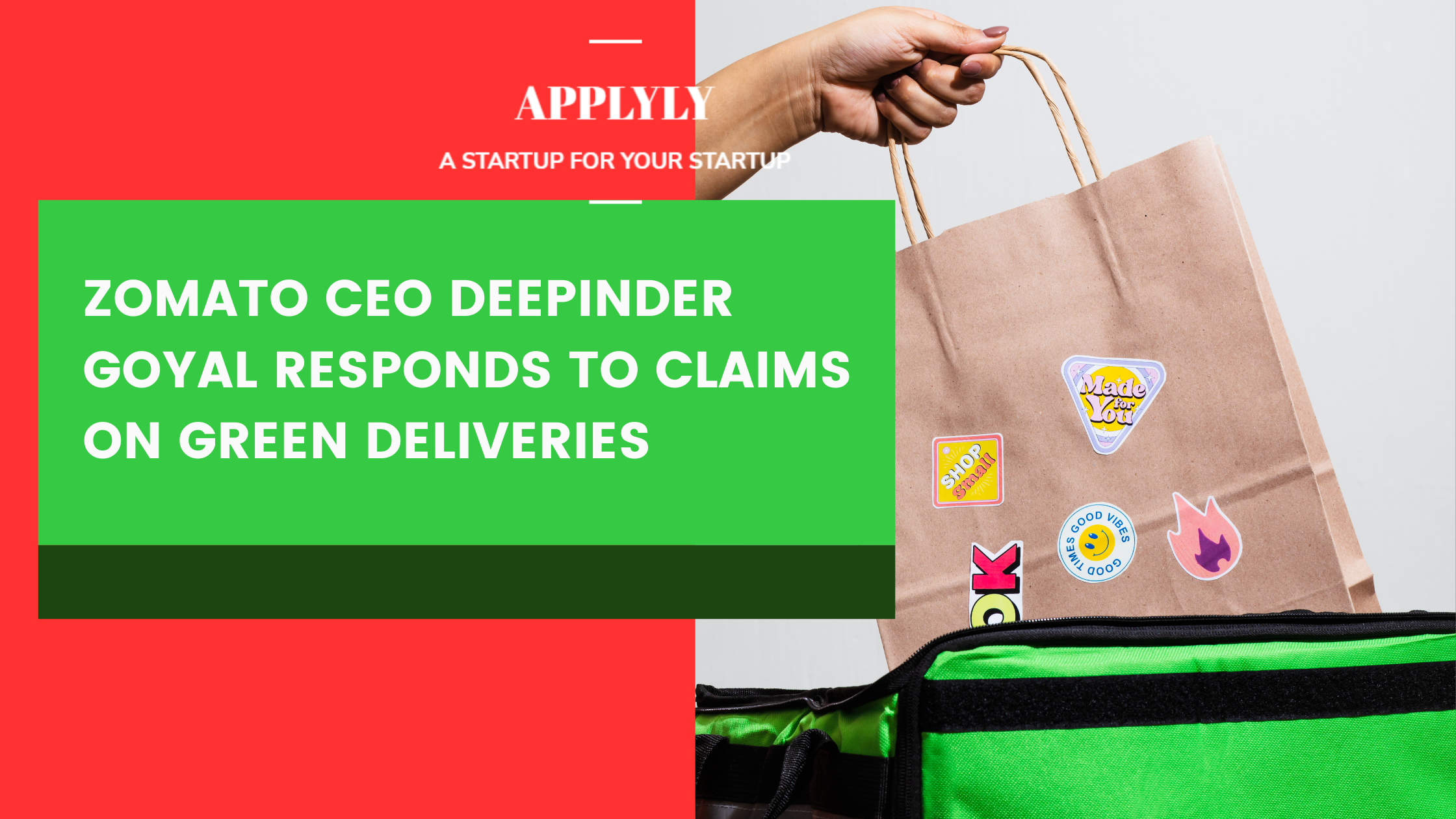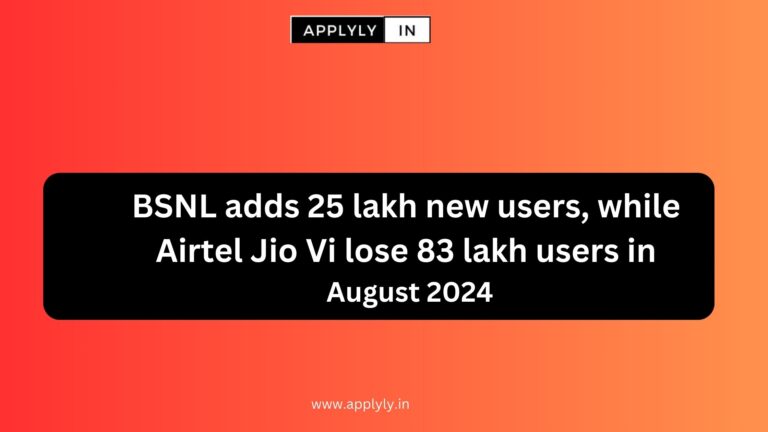Zomato CEO Responds to Claims on 100% Green Deliveries
Recently, Zomato’s CEO Deepinder Goyal has given his reaction regarding the sustainability of the business. His response comes after Rajesh Sawhney challenged Zomato’s “100% Green Deliveries” claim. Sawhney requested an audit report on the impact of Zomato’s plastic recycling and carbon-neutral initiatives.
Response to Allegations: 100% Green Deliveries
Deepinder Goyal responded to Sawhney’s plea by offering a detailed four-point explanation. The CEO referred to data from Zomato’s environmental, social, and governance (ESG) reports over the last three financial years. This included waste management reports and data on EV (electric vehicle) deliveries across India.
Goyal assured transparency by pointing to verified assurance letters from Zomato’s independent ESG providers. He confirmed that the company has maintained full carbon neutrality for three consecutive years.
He said:
“Our international renewable energy certificates (IREC) for Scope 2 emissions, and carbon offset purchases for Scope 1 and Scope 3 emissions have been verified by our ESG assurance providers for three years in a row. These assurance letters are available in the public domain”. This points to the dedication of Zomato towards sustainability and environmental consciousness.
Plastic Neutrality & Recycling Efforts Explained
Goyal responded by sharing key statistics on the company’s efforts. Since 2022-23, Zomato has recycled approximately 30,000MT of plastic waste through its authorised waste management agency partner, IPCA.
However, Goyal clarified that restaurant partners independently choose their own packaging. This initiative remains voluntary but demonstrates Zomato’s proactive steps to combat plastic pollution.
Goyal added:
“We encourage our partners to shift toward sustainable packaging options through multiple outreach programs.”
This effort reflects the company’s aim to minimise environmental harm by promoting recycling and reducing waste wherever possible.
Commitment to EV Transition and Addressing Challenges
Another important area of discussion involved Zomato’s pledge to adopt 100 percent EV-based deliveries by 2030. Goyal highlighted that this initiative began in 2021 and is progressing, with approximately one-third of deliveries in Delhi now made on EVs.
However, challenges remain, particularly concerning electric two-wheeler (EV) charging infrastructure and financing. Goyal acknowledged these constraints but reassured that Zomato is collaborating with policymakers and EV industry players across India.
He explained:
“Today’s 2W EV products, charging infrastructure and financing facilities are yet to evolve sufficiently to meet the specific requirements and constraints of our food delivery partners at scale and we are actively working with policymakers, industry bodies and the ecosystem of EV players pan-India to solve for this by our stated timeline”.
Zomato’s focus on electrification contributes to their broader commitment to achieving Net Zero emissions by 2030.
Netizen’s Concerns & Zomato’s Transparency
Rajesh Sawhney’s original concerns stemmed from doubts over Zomato’s environmental claims. His posts suggested that Zomato’s claims about 100 percent plastic recycling and carbon offsets lacked sufficient transparency.
Sawhney urged the CEO to share a detailed report on these initiatives to clarify their real-world impact. In his response, Deepinder Goyal firmly addressed these doubts, stating:
“There’s no greenwashing. Public companies like us cannot lie. There are enough public institutions to keep us honest and accountable.”
He reassured the public that verified records, independent audits, and transparent reporting support Zomato’s claims.
The CEO’s stance reflects a commitment to accountability, environmental responsibility, and building trust with shareholders and the general public.
Conclusion
Deepinder Goyal’s response aimed to clear doubts while addressing key environmental concerns. Zomato has demonstrated transparency through verified data and its ongoing sustainability projects. The company continues to push towards its vision of carbon neutrality, EV adoption, and waste recycling.
Although challenges like EV infrastructure lag exist, Zomato remains determined to meet its stated environmental goals by 2030. These efforts, combined with community collaborations and transparency, ensure Zomato’s commitment to creating a sustainable delivery ecosystem.
Thanks







One Comment